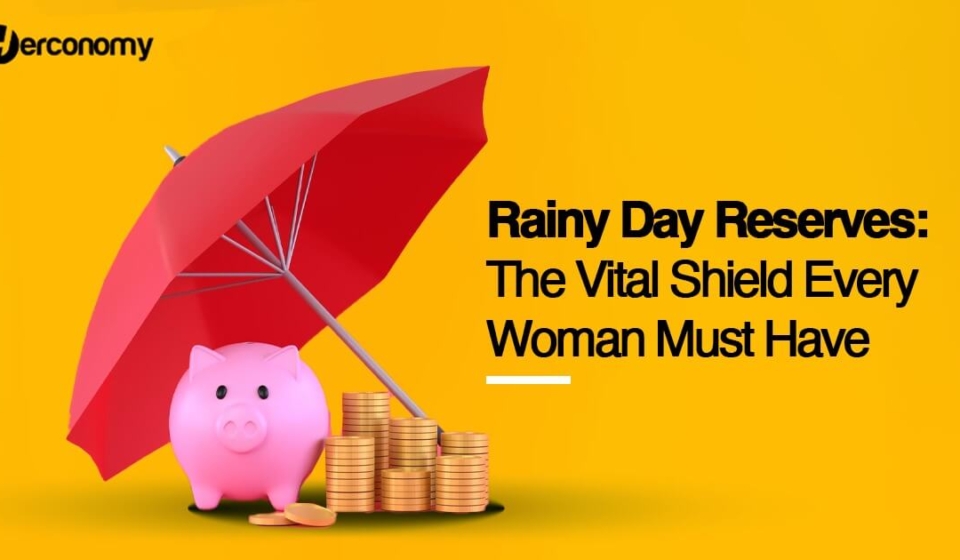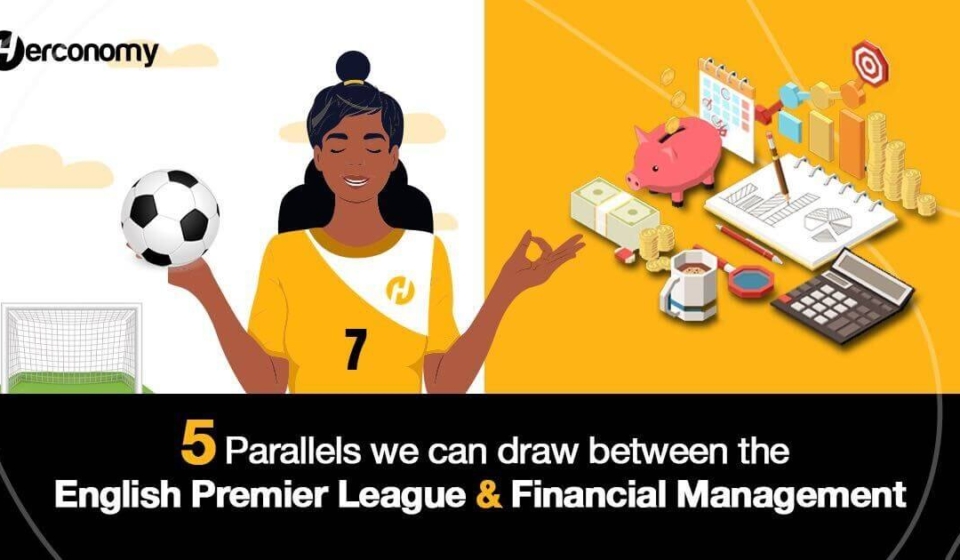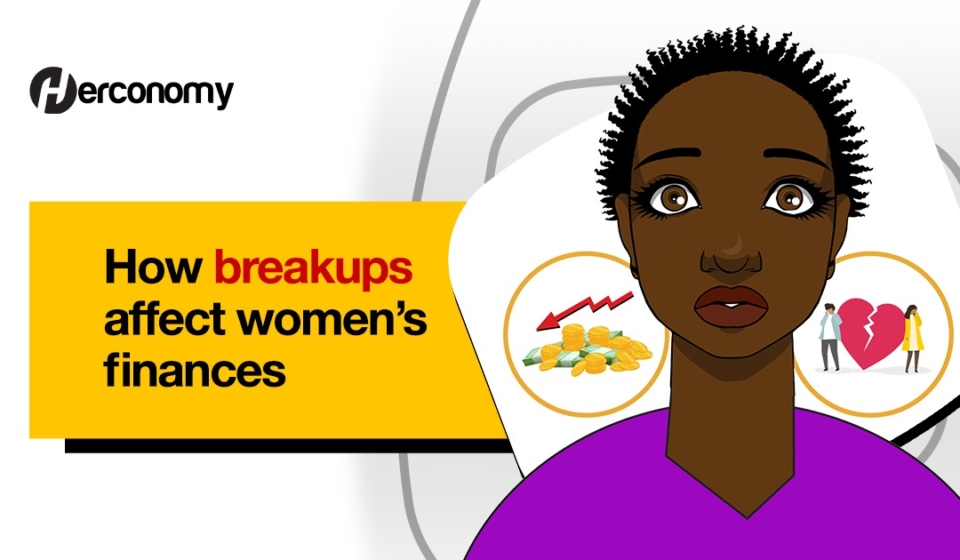Herconomy recounts the Sallah Story of Khadija, a community member who describes a delightful memory of the Eid-al-Adha celebrations.
In the vibrant city of Lagos, Nigeria, preparations for the auspicious occasion of Sallah, the joyous celebration of Eid-al-Adha, were in full swing. I could feel the excitement building up as my family and I busily made arrangements, ensuring that everything was in order for this special day.
Amidst the bustling streets of Lagos Island, my home was abuzz with activity. With a sense of anticipation, I joined my parents in meticulously cleaning our house and adorning it with colourful decorations. The aroma of delicious delicacies filled the air as we prepared a feast that would delight our taste buds.
As the sun began to set, signalling the end of the holy month of Ramadan, my family and I, dressed in our finest traditional attire, headed towards the local mosque. Hand in hand, we walked with a sense of unity and gratitude, ready to partake in the first congregational prayer of the day.
After the prayer, we joined our neighbours and friends at the open field adjacent to the mosque, where a lively atmosphere enveloped the surroundings. Laughter, joyous conversations, and the tantalizing aroma of freshly cooked food created an ambience of togetherness and happiness.
But amidst the festive cheer, there was an exhilarating tradition that awaited us - the thrilling spectacle of the ram fights. As I squeezed through the crowd, my eyes filled with anticipation. The makeshift arena was adorned with colourful ribbons and flags, ready to witness the clash of the bravest and strongest rams.
The moment the first pair of rams were released into the arena, a collective gasp escaped the onlookers. Adorned with ornate harnesses, these magnificent animals proudly clashed their horns, each displaying their might and agility. The crowd erupted into cheers and applause, their excitement growing with each powerful collision.
I stood there in awe, captivated by the grandeur of the ram fights. The strength and determination of these animals left me spellbound, their eyes filled with an unyielding spirit. The cheers of the crowd served as the soundtrack to my joyous experience. From the sidelines, I witnessed the graceful dances of the rams, their synchronized movements captivating both young and old.
While the ram fights provided a thrilling spectacle, the essence of Sallah was never forgotten. Amidst the excitement, families generously shared their blessings, distributing portions of sacrificial meat to the less fortunate, strengthening the bonds of compassion and unity within our community.
As the night drew to a close, the echoes of laughter and the memories of the breathtaking ram fights lingered in my mind. I returned home with a heart filled with gratitude for the experience and a deep appreciation for the cultural traditions that made Sallah so vibrant and memorable.
Years later, I would often recall that eventful Sallah, cherishing the moments spent with my loved ones and the exhilarating ram fights that added an extra dose of thrill to the celebration. It was a Sallah that etched itself into my memory as a testament to the rich tapestry of Nigerian culture and the spirit of unity that Sallah brought to our lives.
As Sallah approaches each year, I eagerly anticipate the celebration, remembering the resounding clash of horns, the vibrant colours, and the sense of community that makes Eid-al-Adha a joyous occasion to cherish forever.
This year, several savers on Herconomy were able to save towards their Sallah goals. For some, the goal was to buy a ram. Others just wanted to have a good time with money they had put together over time. it’s always a pleasure for us to be plugged into the lives of our customers as we help them achieve their money goals.
At Herconomy, we organise numerous capacity-building and wealth-creation programs to empower communities of women. We also have a savings solution; an app we designed to help women grow their wealth. With us, you get 10% interest on your savings and kiss transaction charges goodbye. You can also save with a community of women in a way that enforces your relationships and commitment to financial freedom. Herconomy’s got the solutions you need, We were born with you in mind.
Secure your future. Start saving today
Got questions? Contact us today at info@herconomy.com









